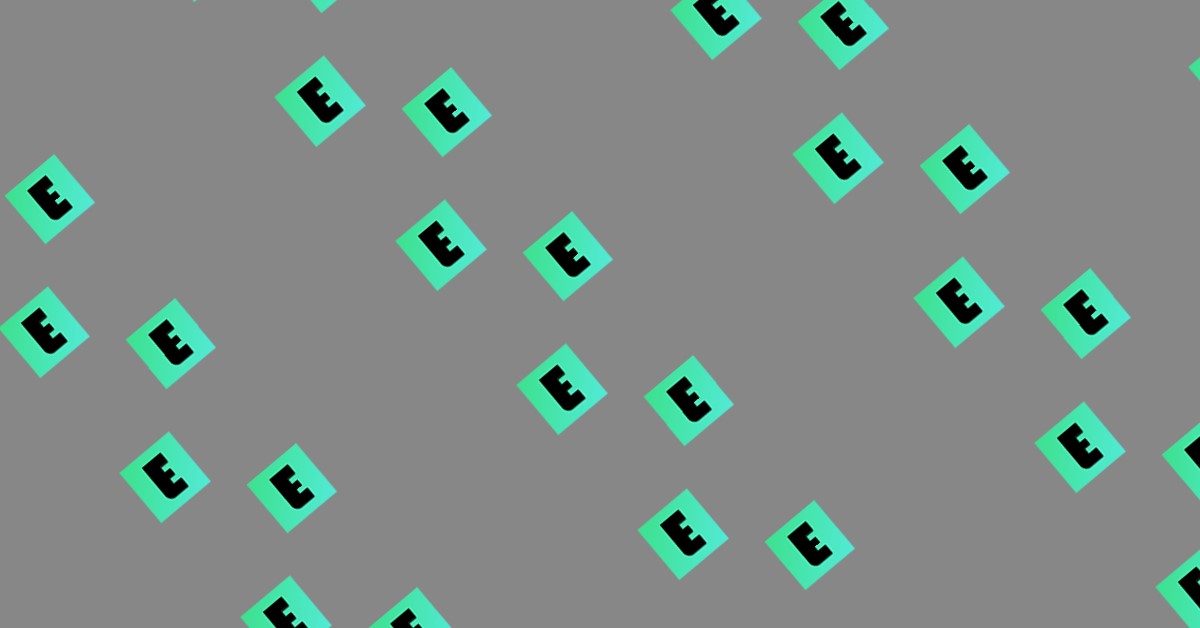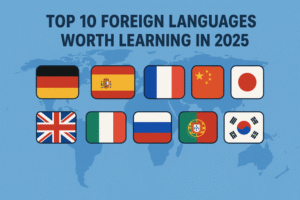The Bachelor of Education (B.Ed) degree is a professional course designed to equip individuals with the knowledge, skills, and attitudes required to become successful educators. With the growing emphasis on quality education, the demand for trained and qualified teachers has significantly increased. A B.Ed degree not only enhances teaching skills but also opens doors to various career opportunities in the field of education. This article provides an in-depth understanding of B.Ed courses, fees, placements, and admissions in 2024.
Introduction to B.Ed
Teaching is a noble profession that lays the foundation for the future of society. A Bachelor of Education (B.Ed) program aims to develop competent educators capable of fostering academic excellence and holistic growth among students. The course includes theoretical learning, practical training, and internships, making it a comprehensive program for aspiring teachers.
Eligibility Criteria for B.Ed (2024)
To pursue a B.Ed degree, candidates must meet the following eligibility requirements:
- Educational Qualification:
A bachelor’s degree in any discipline (B.A., B.Sc., B.Com, or equivalent) with a minimum of 50-55% aggregate marks from a recognized university.
Some institutions may also accept postgraduate degrees.
- Age Limit:
Most colleges do not have an upper age limit, though a minimum age of 21 years is preferred.
- Entrance Exams:
Admissions are generally based on state-level or university-specific entrance exams.
Popular Specializations in B.Ed
A B.Ed program offers various specializations to cater to different educational needs:
Elementary Education: Focused on teaching primary school students.
Secondary Education: Tailored for middle and high school teaching.
Special Education: For teaching students with special needs.
Language Education: Specializations in English, Hindi, or regional languages.
STEM Education: Focused on teaching Science, Technology, Engineering, and Mathematics.
Course Structure and Duration
The B.Ed program is typically a two-year course divided into four semesters.
- Curriculum Components:
Core Subjects:
Educational Psychology
Pedagogy of School Subjects
Curriculum Development
Assessment and Evaluation
Electives: Based on the chosen specialization.
Practical Training: Includes internships, teaching practice, and lesson planning.
- Teaching Methodology:
Blended learning with lectures, workshops, seminars, and fieldwork.
Top B.Ed Colleges in India (2024)
India is home to numerous institutions offering quality B.Ed programs. Here are some of the top colleges:
- Delhi University (DU)
- Banaras Hindu University (BHU)
- Lady Shri Ram College for Women
- Tata Institute of Social Sciences (TISS)
- Jamia Millia Islamia (JMI)
- University of Calcutta
- Regional Institutes of Education (NCERT)
Admission Process for B.Ed (2024)
The admission process for B.Ed programs generally involves the following steps:
- Entrance Exams:
Popular exams include DU B.Ed Entrance, UP B.Ed JEE, and IGNOU B.Ed Entrance Test.
These tests evaluate the candidate’s aptitude for teaching, language proficiency, and general awareness.
- Application Process:
Candidates must register on the official website of the desired institution.
Submit the application form along with necessary documents such as academic certificates, ID proof, and passport-sized photographs.
- Selection Process:
Based on entrance exam scores, candidates may be called for interviews or counseling sessions.
Fees for B.Ed Programs
The fee structure for B.Ed programs varies across institutions:
Government Colleges: ₹10,000 to ₹50,000 per year.
Private Colleges: ₹50,000 to ₹2,00,000 per year.
Scholarships and financial aid are available for meritorious and economically disadvantaged students.
Scholarships for B.Ed Students
Several scholarships and financial aid programs are offered to support B.Ed students:
Central Sector Scholarship Scheme
State Government Scholarships
Institutional Scholarships
NGO-sponsored Scholarships
Career Opportunities After B.Ed
A B.Ed degree offers diverse career opportunities in the field of education:
- Teaching Roles:
Primary School Teacher
Secondary School Teacher
Special Education Teacher
Subject Specialist
- Administrative Roles:
Academic Coordinator
Educational Consultant
- Other Opportunities:
Curriculum Designer
Online Tutor
Content Developer for EdTech companies
Top Recruiters for B.Ed Graduates
Prominent organizations that hire B.Ed graduates include:
- Government Schools: Through CTET or State TET exams.
- Private Schools: Delhi Public School, Ryan International, etc.
- EdTech Companies: BYJU’S, Unacademy, and Vedantu.
- International Schools: With additional certifications.
Placement Scenario for B.Ed Graduates
Average Salary: ₹3 LPA to ₹6 LPA.
Top Job Locations: Delhi, Mumbai, Bangalore, Chennai, and Hyderabad.
Growth Prospects: Opportunities for promotions and specialized roles after gaining experience.
Skills Developed During B.Ed
The B.Ed program helps develop critical skills such as:
- Effective Communication: For classroom interactions.
- Empathy and Patience: Essential for dealing with students.
- Analytical Thinking: For problem-solving and decision-making.
- Leadership Abilities: To manage classrooms effectively.
- Creativity: In designing engaging lesson plans.
Higher Studies After B.Ed
- Master of Education (M.Ed): Advanced training in educational theory and practice.
- Ph.D. in Education: For research and academic careers.
- Specialized Certifications: In areas like educational technology or counseling.
Entrance Exams for B.Ed 2024
Here are some of the leading entrance exams for B.Ed programs in 2024:
- DU B.Ed Entrance Exam
- IGNOU B.Ed Entrance Test
- UP B.Ed JEE
- Rajasthan PTET
- Bihar B.Ed CET
Conclusion
The B.Ed degree is a transformative program that prepares individuals for a fulfilling career in education. With advancements in teaching methodologies and the increasing demand for skilled educators, a B.Ed degree is more relevant than ever. It not only provides the technical know-how of teaching but also instills a passion for lifelong learning.
FAQs
- What is the eligibility for a B.Ed program?
Candidates must have a bachelor’s degree with a minimum of 50-55% marks and clear the required entrance exam. - Is B.Ed mandatory for teaching?
Yes, B.Ed is mandatory for teaching in most schools in India. - Can I pursue a B.Ed through distance learning?
Yes, institutions like IGNOU offer B.Ed programs via distance education. - What is the duration of the B.Ed course?
The course typically lasts for two years. - What is the fee range for a B.Ed program?
The fees range from ₹10,000 to ₹2,00,000 per year. - Can I pursue B.Ed after 12th?
No, a bachelor’s degree is mandatory before pursuing a B.Ed. - What are the job prospects after B.Ed?
Graduates can work as teachers, educational consultants, or curriculum designers. - Are scholarships available for B.Ed students?
Yes, several government and private scholarships are available. - What is the average salary after B.Ed?
The average salary ranges from ₹3 LPA to ₹6 LPA. - Can I teach abroad with a B.Ed?
Yes, with additional certifications, you can teach in international schools.




